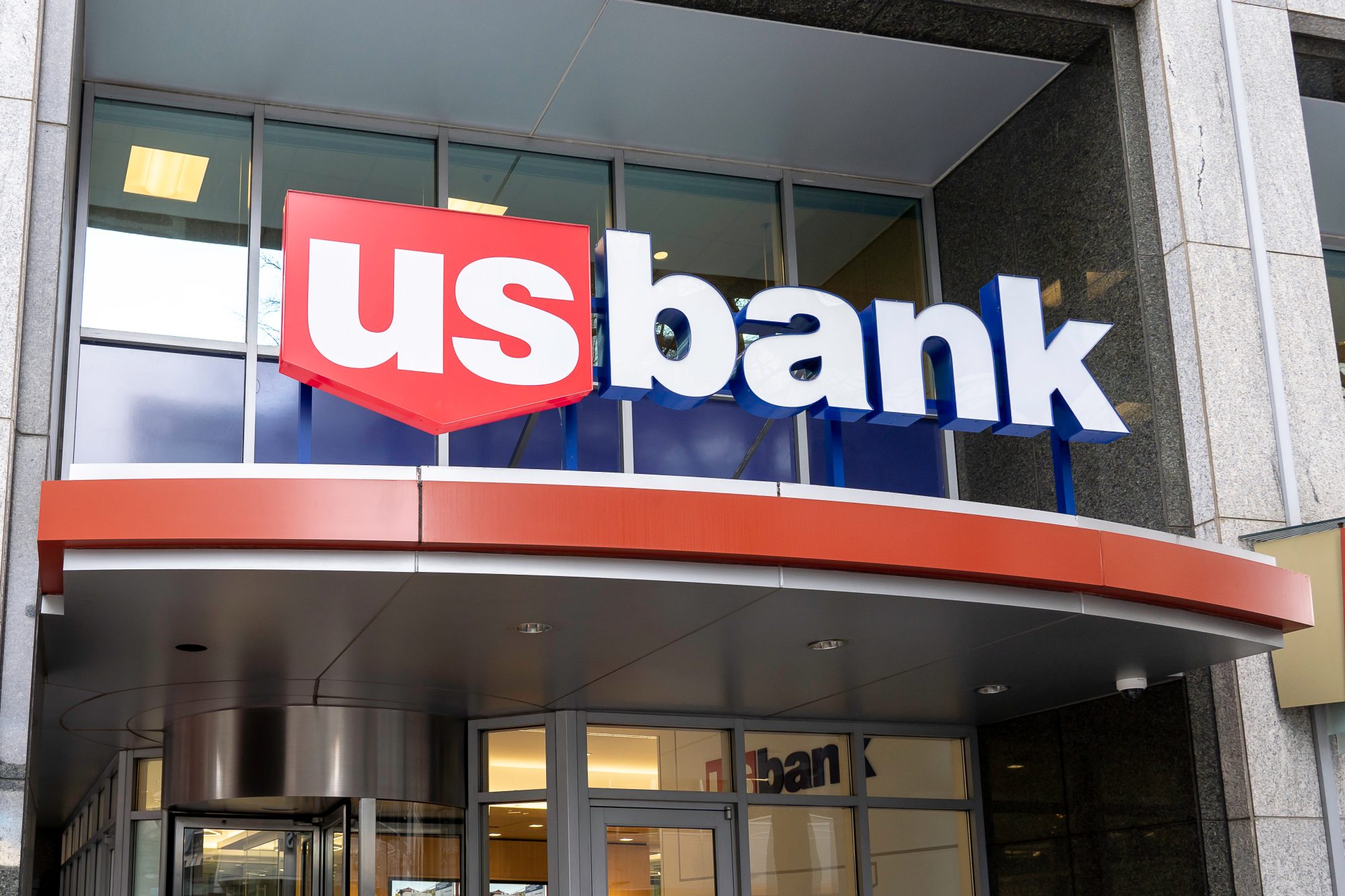In his Daily Market Notes report to investors, Louis Navellier wrote:
Not A Traditional Recession
Despite the recession being “official”, stocks are heading upward after pulling back at the open, and yesterday’s momentum continues.
Recession fear is more visible in the bond market with the 10-year US yield down 7bps to 2.66%, the lowest since March, the 30-year falling below 3%, and interestingly the 2-year falling a dramatic 10bps to 2.86%, well below where the Fed plans to take the overnight rate before the end of the year, and certainly not reflecting a high single-digit inflation rate.
Q2 2022 hedge fund letters, conferences and more
Shift in Risk Perception
Stocks ran up hard yesterday with the NASDAQ having the best day since 2020, led by Microsoft and Alphabet which had both missed modestly top and bottom when they reported Tuesday after the close. This removed the fear that any miss would result in a deep drop in prices, a major shift in risk perception.
Then at 2 pm EST, the Fed announced the expected 75bps in Fed Funds, and after Jerome Powell gave what was perceived as a more dovish commentary stocks took another leg up.
Thesis Intact
Last night, Meta (NASDAQ:META), AKA Facebook, had their first ever lower revenues and the stock is down 7.5% today, -53% YTD. Tonight, we get two other titans; Apple (NASDAQ:AAPL) and Amazon (NASDAQ:AMZN) which will also be influential as far as sentiment for tech and retail trends.
With unemployment still well below 4%, it clearly doesn't feel like a "traditional" recession, and interest rates not reflecting sustained high inflation, the markets are sending mixed signals with the inverted yield curve the most negative element.
The strategy remains the same: Companies able to grow earnings faster than inflation remain attractive and should be bought once they deliver solid results and guidance.
Coffee Beans
The surging gas price has Americans particularly worried, with 63% of respondents to a recent survey saying they are very or somewhat concerned about being able to afford gas/fuel in the future. Similar levels of concern can be observed for groceries and school supplies, i.e. categories where cutting back is not really an option. Source: Statista. See the full story here.













